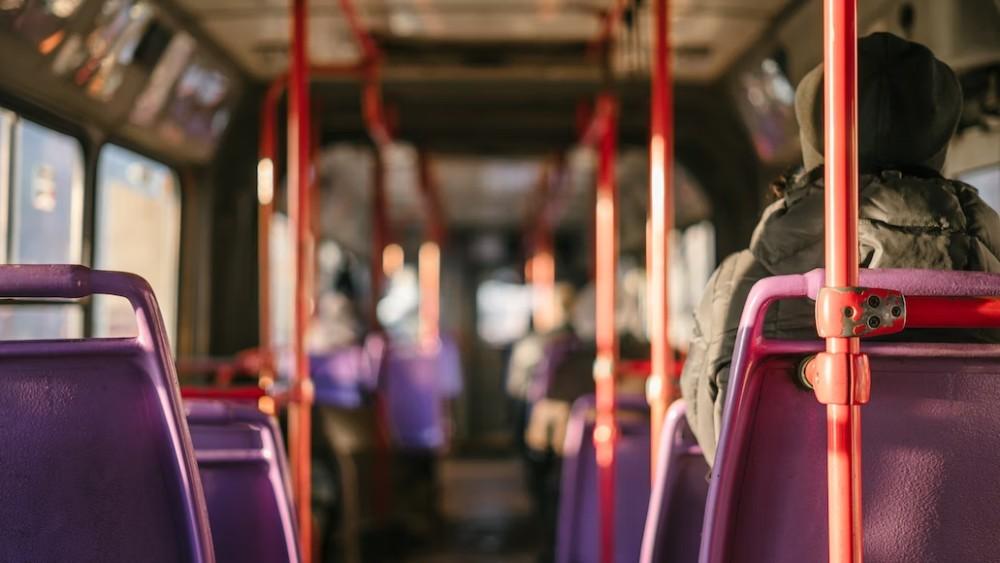A bus is a big investment, whether it is a new one or second hand. If you are looking to buy a bus for commercial purposes, then you need to ensure you will be able to run the bus till at least you break even and then some more to create profit. Sometimes a low price can indicate issues that may appear later. Compare more than just deals and prices to ensure you are buying a good quality product. Here is a comprehensive list of things to keep in mind while purchasing a used or second hand bus.
Also Read – Tips To Select the Best Commercial Vehicle Dealer in Your Area
List of things to keep in mind while purchasing a pre-owned bus
- Maintenance history and records – A detailed history of the maintenance record is important to understand if the machine has been looked after. If the maintenance records are in place, you can consider buying it as there are fewer chances of breakdown and more chances of the bus giving proper mileage and lasting longer.
Proper records of the bus should exist with the previous owner, including the insurance from day 1, tax receipts, invoice, registration certificate, PUC, and other proofs. If you wish to check more details about the insurance, you can choose to check bus insurance online. You can check for claims, repairs, and any other indication that the bus has not been maintained properly.
- Physical condition – The physical condition of the bus is a good indication of how the bus has been maintained. It is also a good way to determine how much life is left. Look for any loose parts, rust marks, chipped parts, dents, broken lights, and so on. Check if any part needs to be repaired by the previous owner. Check if the interiors have been maintained well. The seats, HVAC, audio systems, and safety features should also be checked.
- Size and space – Most buses have a lot of work done in them, and the space and size get affected accordingly. If you have a purpose in mind, checking whether the bus has enough space for whatever you have in mind is essential. The bus size matters a lot as the revenue you might generate depends on the space inside the bus. For example, if you plan to use it as a transport for passengers, consider the number of seats, spaces for luggage, legroom, aisle space, and so on.
Also Read – Purchasing a Commercial Vehicle Need More Attention than a Personal Car
- Make and model – The make and model of the bus give you a fair idea of what to expect. You can do your research beforehand and check the pros and cons of the model you are considering. At the same time, you can check for any history of faults or failures in the make and model. The make and model, along with the number of kilometres travelled, will give you a correct picture of how old the bus is and how much it has been used. This, in turn, will provide you with an understanding of the remaining life of the bus and what to expect when you buy it. Suppose you are in an area prone to any natural calamity and the make and model are not very recent. In that case, you must find out more about the condition of the bus after the natural calamity. There may not be any visible or immediate damage, but you may get stuck dealing with consequential damage for a long time.
- History with the RTO – A bus is used mostly for commercial purposes, and it is essential to check for any history with the local RTO. This includes any pending fines, proper licenses for the bus as a commercial vehicle, and proper licenses for the driver. This also includes commercial vehicle insurance that is required for any vehicle that is registered and used for commercial purposes. The record should be clean, and there should be no vehicle involvement in any criminal activity.
Also Read – How to Maintain Your Tata Commercial Vehicles?
- Engine and transmission health – The best way to check the transmission and engine health is to take the bus on a test drive. Check the workings of all gears and understand how the bus reacts to the higher gears. Since most people prefer automatic transmission over manual transmission, the difference between diesel and petrol engines is stark as well. Diesel engines work much better with a heavier load. The engine and transmission health determine the performance of the bus and are useful to understand whether the bus can deliver.
- Purpose and remodelling costs – If you are buying a bus with a purpose in mind, then you need to assess your option and understand how much money you will have to invest in making it suitable for use. For example, if you are getting a school bus at a good cost and you plan to start a food bus, then you need to understand how much money you will need to make it work. The best option is to buy a bus closest to your purpose and check other boxes as well.
If you are an experienced buyer, you may know all the rules to follow. However, if you are a first-time buyer of a second hand bus, then these points will come in handy and ensure you end up with a good product and don’t suffer losses.
Also Read – Winter Driving Tips for Commercial Truck Drivers






